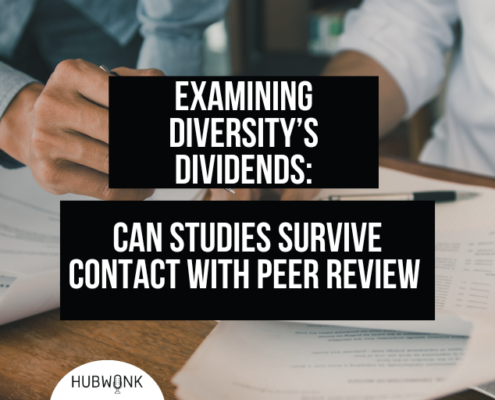Capturing Voter Intent: What Polling Error Teaches Us About Electoral Trends
/0 Comments/in COVID Podcasts, Featured, Podcast Hubwonk /by Editorial StaffJoin Host Joe Selvaggi and Harvard Professor Chase Harrison as they discuss polling methodology and what errors in 2020 reveal about voting during COVID-19 and changing attitudes toward pollsters.
Guest:
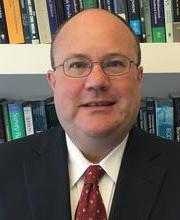 Chase Harrison is Associate Director of the Harvard Program on Survey Research and Preceptor in Survey Methods in the Department of Government. Chase served as Director of Research Computing Services and Principal Survey Methodologist at the Harvard Business School, where he was responsible for developing and maintaining core resources in the social sciences. As a survey researcher, Chase had designed, directed, and analyzed surveys in a variety of settings and with a variety of populations since 1991. He received his MA (Survey Research) and Ph.D. (Political Science) from the University of Connecticut.
Chase Harrison is Associate Director of the Harvard Program on Survey Research and Preceptor in Survey Methods in the Department of Government. Chase served as Director of Research Computing Services and Principal Survey Methodologist at the Harvard Business School, where he was responsible for developing and maintaining core resources in the social sciences. As a survey researcher, Chase had designed, directed, and analyzed surveys in a variety of settings and with a variety of populations since 1991. He received his MA (Survey Research) and Ph.D. (Political Science) from the University of Connecticut.
Get new episodes of Hubwonk in your inbox!
Related Posts
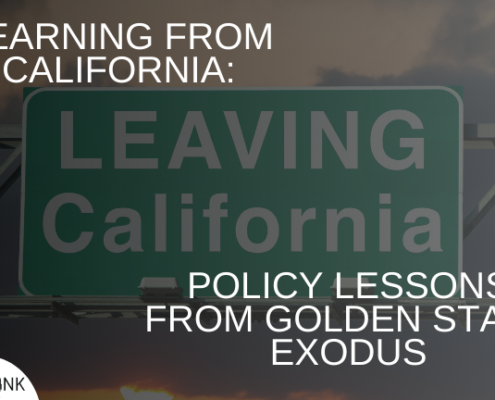
Learning From California: Policy Lessons From Golden State Exodus

New England Short Circuit: Distorted Incentives Drive Energy Prices Up and Reliability Down

Controlling Drug Prices: Costs and Benefits of Direct Negotiation with Big Pharma
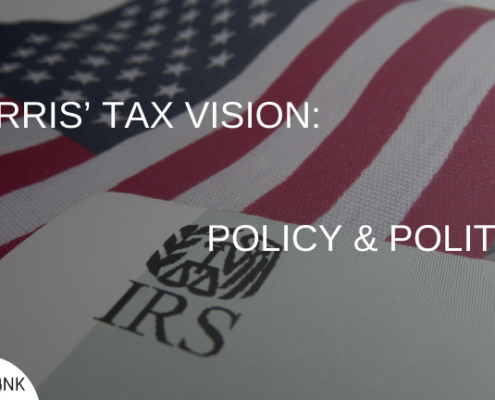
Harris’ Tax Vision: Policy & Politics

Digital Privacy Divide: Can Law Enforcement Google Where You’ve Been?

Housing Bond Bill: Could Billions Better Bay State Cost of Living

Ruinous Red Tape: Epic Cost of Unchecked Federal Rule Making

Property Tax Reassessment: Beleaguered Buildings Bear Burden of Boston’s Burgeoning Budget

Registering Republican Realignment: GOP Convention Showcases Conservatism’s New Direction

Candidate Selection Breakdown: Presidential Primary Primacy or Determined Delegate Detour

Breaking Down Encampments: Court Finds no Right to Sleep Outdoors

Underfunding Overdose Alternatives: Price Controls Hinder Search for Non-Addictive Opioids

Unlocking Affordable Housing: Sources and Solutions for Cost Crisis
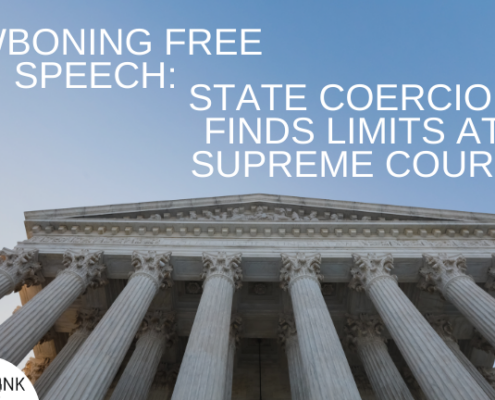
Jawboning Free Speech: State Coercion Finds Limits at Supreme Court

Protectionism’s Bipartisan Embrace: Who Pays When Imports Cost More

Universal Savings Accounts: Designing Tax Incentives that Pay to Save

Precision Law Enforcement: Can Gunfire Detection Technology Serve and Protect Everyone?
